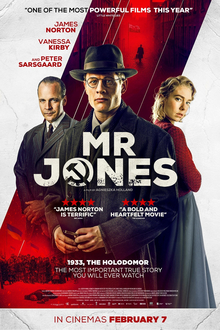
Who are these kids – rejects from Hell? Divorced former US Marine LouAnne Johnson (Michelle Pfeiffer) wants to resume her teacher training and her ex-husband’s friend Hal Griffith (George Dzundza) lands her an interview at his inner city high school. To her surprise she is hired on the spot and soon finds out why. In this ‘academy’ class of black and Latino teens from impoverished backgrounds, involved in gangs and drugs she is met with a wall of sullen indifference. She dresses in leather and teaches them karate and then ditches traditional class and tries to teach them poetry using Bob Dylan’s work. She goes to the home of Raoul Sanchero (Renoly Santiago) to tell his family they should be proud of him. She tries to stop pregnant Callie (Bruklin Harris) from dropping out. She attempts to save the life of Emilio (Wade Dominquez) from a revenge shooting but the headmaster (Courtney B. Vance) and his rules about knocking on doors costs the boy his life… All you gotta do is get their attention – or quit. Adapted from the autobiography My Posse Don’t Do Homework by retired US Marine LouAnne Johnson, this is an upbeat update of material familiar from The Blackboard Jungle and To Sir With Love but with a rap soundtrack and a boyz in the ‘hood feel. If Pfeiffer never has to unpack her military training and really engage physically at the level of tough love promised with that background (she’s got training in marketing and PR, too, natch), there are sufficient moments of danger in the smooth screenplay by Ronald Bass but nothing too worrisome in a narrative that manages to inflict as many stereotypes as it is presuming to unpick. Sentimental, good-natured and resolved rather well even if you think the songs on the soundtrack are the poetry that would really appeal to this particular audience who roll over far too easily at the prospect of a rollercoaster ride and a free meal. Directed by John N. Smith. So you start out all wrong and just keep going




